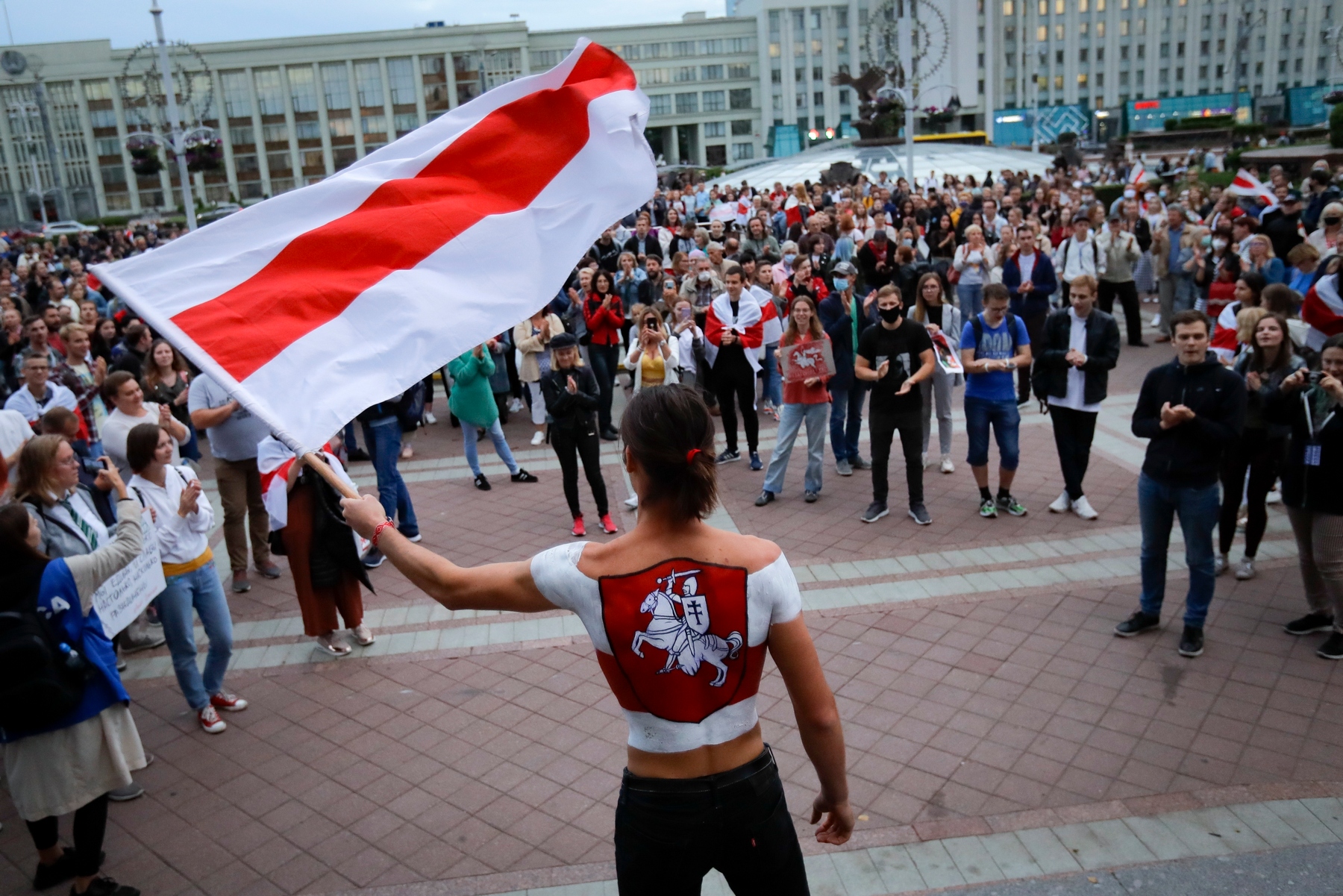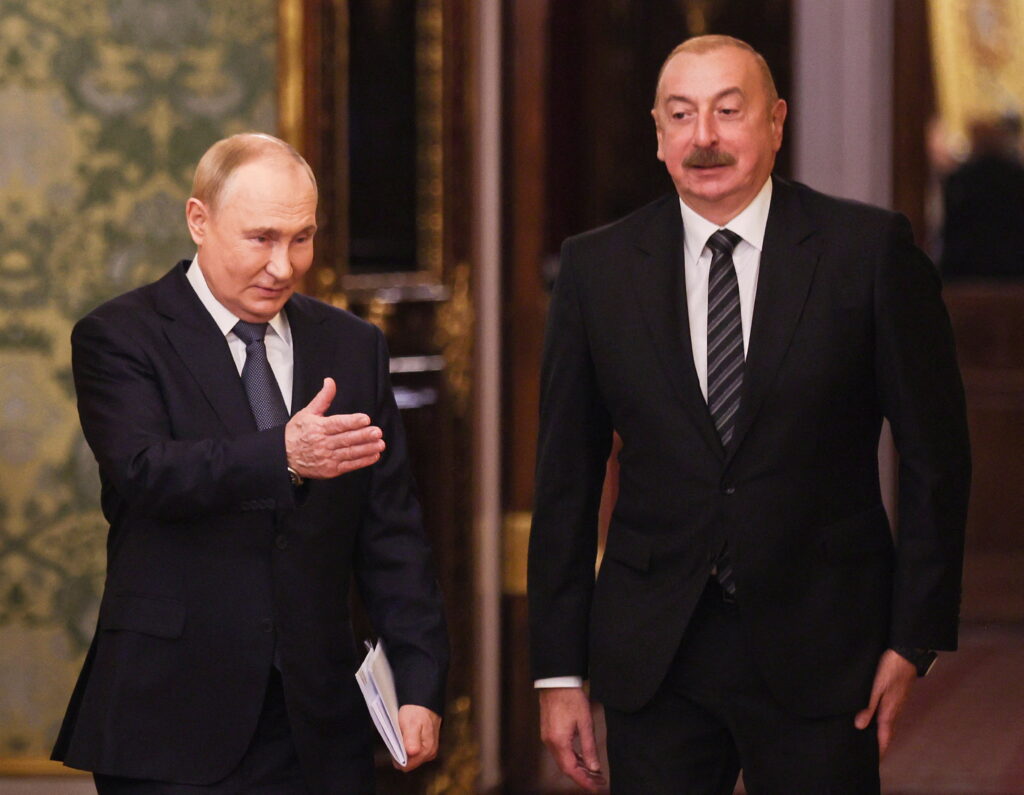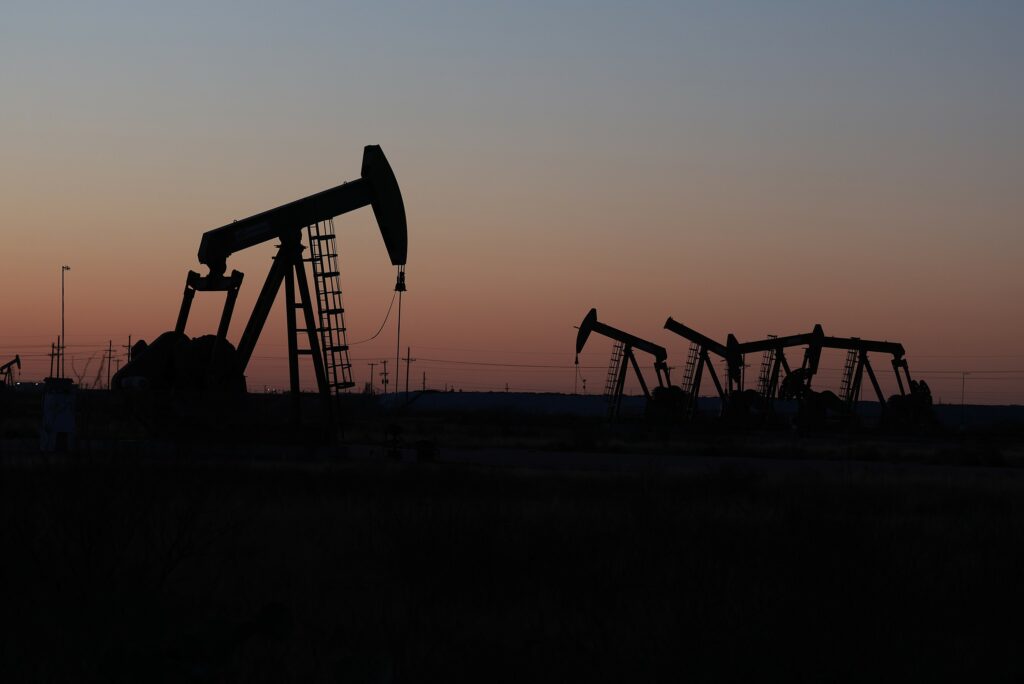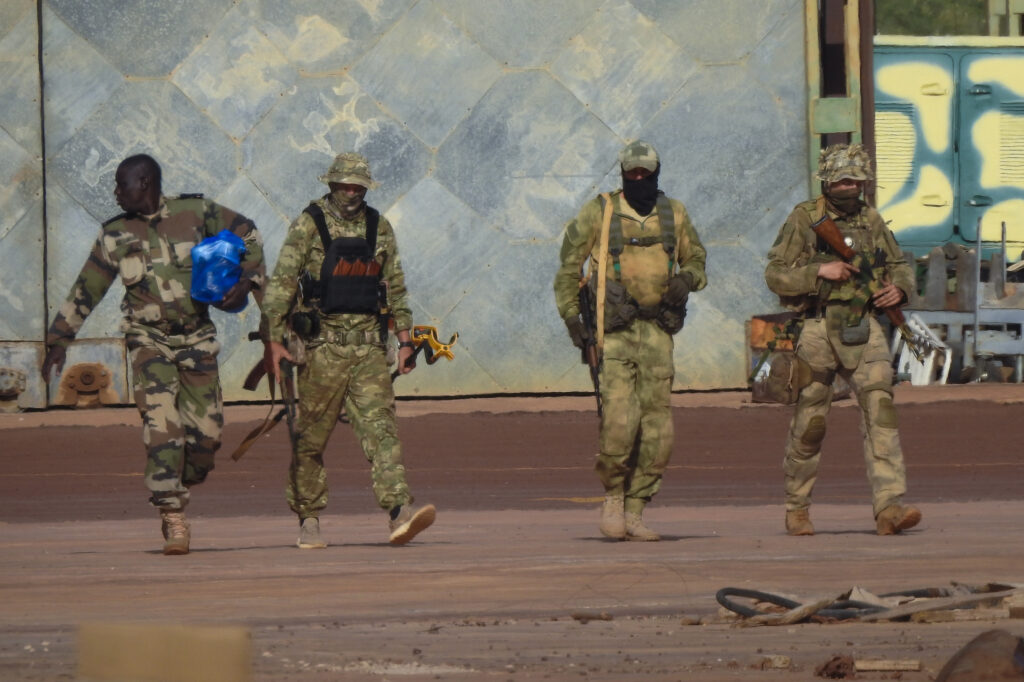The country that has everyone’s attention in the post-Soviet world these days is Belarus. It began with the brazen falsification of the election that reported an 81% victory for 26-year incumbent Alexander Lukashenko. Then, protests on a scale far exceeding anything in Belarus’s history of independence have swept the country. At the time of writing, it is unclear if or when Belarus’s mass protests will succeed. That said, it’s entirely possible we are watching a revolution unfold in a place that seemed until recently to be an unlikely candidate.
With history unfolding by the day and no clear indications of what might come next, many have looked for similar precedents to try and chart the possible course of events in Belarus. Others are looking for parallels to gauge the reaction of its neighbor: Russia. Most suggestions involve the 2014 Maidan protests in Ukraine that drove Viktor Yanukovich from power. Or, Armenia’s 2018 ‘Velvet Revolution’ that saw Serzh Sargsyan toppled in a matter of days. There are some useful parallels to consider in both. Yet there is another former Soviet territory that could prove more instructive in understanding Russia’s possible response: the breakaway Republic of Abkhazia.
Lying on the northeast shore of the Black Sea, Abkhazia and its roughly 150,000 inhabitants have existed in a state of limbo since breaking away from Georgia (of which it remains de jure a part) following the conclusion of the war between the two in 1993. It is even more dependent on Russia than Belarus is: roughly half of Abkhazia’s government budget comes in the form of Russian subsidies. Tourism (the vast majority of which comes from Russia, whose citizens can enter Abkhazia without a foreign passport) forms as much as 35% of its GDP. Russia’s military effectively controls Abkhazia, whose local security services are largely subordinated to their Russian counterparts. Yet Abkhazia, much like Belarus (whose ephemeral post-World War I independence was brought to an end by the Red Army), has a complicated historical relationship with Russia. When the territory was finally subdued by the Russian Empire in the 1870s, more than half of its population was forced into exile in the Ottoman Empire, a fact whose resonance is attested to by the name of the capital Sukhum’s main seaside promenade, Naberezhnaya Mukhadzhirov (from the Arabic word muhajir, meaning ‘migrant’). Like Belarus, Abkhazia does not consider itself a mere appendage of its patron: Abkhaz society and elites have ambitions of true independence, a status that runs contrary to the Kremlin’s preference of a quiescent satrapy.
Abkhazia’s contemporary political history is also anything but a stable pro-Russian autocracy, as one might imagine. While its first president, wartime hero Vladislav Ardzinba, ruled relatively unchecked for nearly a decade, the 2004 national elections ended in a major political crisis. The expected victor was Raul Khajimba, a former KGB agent and Ardzinba’s chosen successor who also enjoyed the strong backing of Russia, including Putin personally. Leading opposition candidate Sergei Bagapsh, however, emerged with 50.08% of the vote, enough for an outright victory without the need for a second round. Despite efforts by Ardzinba and others to pressure the Abkhaz Central Election Committee to nullify the result, Bagapsh gathered a crowd of 10,000 supporters (in a city of perhaps 50,000) who stormed the parliament and insisted on his victory. Eventually, an agreement came to hold new elections with Khajimba running on the same ticket as Bagapsh — but as vice president. Despite a warning from a Russian Foreign Ministry spokesman that Russia may be “forced to take the necessary measures to protect its interests,” Moscow did not intervene.
The unrecognized state has since lurched from one political crisis to the next. Shortly after Russia’s August 2008 recognition of Abkhazia’s independence, Bagapsh came under severe criticism for signing several deals granting Russian companies far greater privileges in the republic. Though this did not stop him from again defeating Khajimba in the 2009 election. Bagapsh then died in office in 2011. His successor, Alexander Ankvab, was forced from power in mass civil unrest in 2014, despite the efforts of key Putin aide Vladislav Surkov to personally mediate the dispute. Khajimba, long Moscow’s preferred candidate, finally acceded to power at this point. All until he, too, was forced from office by mass public protests over 2019’s controversial presidential election
Russia’s reaction to all this has been tamer than one might imagine. Despite sitting on Russia’s southern border and with far fewer obstacles to direct intervention than exist in Belarus, Moscow never forcefully imposed its preferred political candidate. This stands in stark contrast to, say, South Ossetia, the other Russian-backed breakaway state in Georgia. There, Russian authorities have intervened in politics more directly. Most notably in 2011, when the first-round presidential election victory of Alla Dzhioeva, an opposition politician critical of Russia’s role in the territory, was annulled by South Ossetia’s Supreme Court and Dzhioeva barred from running again in a move supported by the Kremlin. This can perhaps partly be explained by South Ossetia’s geographic position (located almost in the heart of Georgia, making it a more crucial basing location for Russian troops) and political orientation, with accession into the Russian Federation a stated goal of South Ossetian authorities. Despite this, Abkhazia’s current administration has been able to so far chart a much more conciliatory approach to Georgia than its predecessors, or indeed Russia itself, which has yet to overturn a ban on flights to Georgia imposed in the wake of anti-Russian protests in Tbilisi last summer. The current president, Aslan Bzhania, ran on an explicitly pro-dialogue (with Georgia) platform. His new pick for head of Abkhazia’s Security Council has emphasized his support for renewed negotiations. None of this has yet met open criticism from the Kremlin.
In this sense, it’s possible to imagine parallels between what occurred in Abkhazia this spring and what is unfolding in Belarus right now. Moscow knows that both states are intrinsically linked to Russia, a connection mandated by economic factors and simple geography to such a degree that it is nearly impossible to imagine either state adopting an anti-Russian posture, no matter what the current government looks like. Of course, the possible parallels between Abkhazia and Belarus only go so far; but Abkhazia’s turbulent political history shows that Moscow is willing to tolerate regime change resulting from civic unrest and a semblance of political plurality on its borders, even in closely-aligned satellite states. Lukashenko’s hopes of appealing to the Kremlin’s desires for ‘stability’ at all costs, then, might not be as well-founded as they appear.










